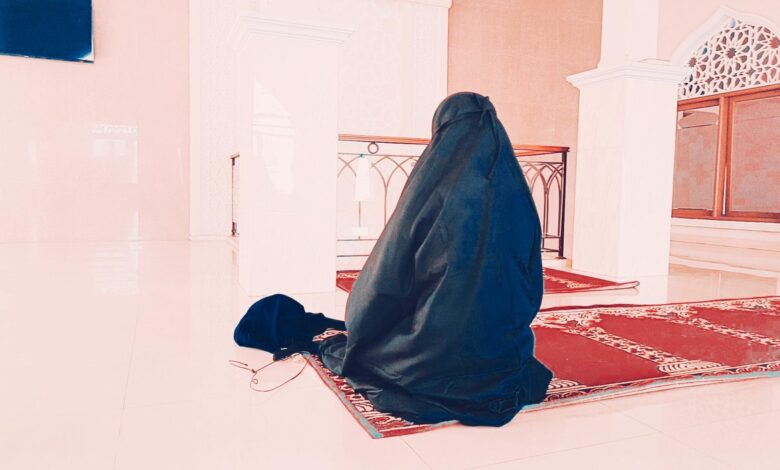Women Itikaf at Home, Is It OK?

DDHK. ORG – Itikaf is something that Muslims do in the last 10 of Ramadan. In the last 10 days of the Ummah Islam who fast sunnah pray in the mosque. For women, can I perform Itikaf at home?
On the page Republika Launching About Islam, Professor of Islamic Studies at the Insaniah Rajab Abu Mleeh University College said, the majority of scholars explained that Itikaf is a sunnah that can be performed at any time throughout the year, but preferably in the last 10 days of Ramadan.
However, if a Muslim takes an oath to perform this activity then he is obligated to fulfill that oath. Some scholars are of the opinion that it is permissible to perform Itikaf in a short time, even one or two hours, with the intention of getting closer to Allah SWT.
The Maliki, Shafi'i, and Hanbali schools of thought are of the view that a woman should not perform Itikaf in her own mushala (prayer room) at home. They quoted the word of Allah, Al-Baqarah verse 187.
“Then, complete the fast until night (comes). However, don't interfere with them when you are (in a situation) praying at the mosque. Those are the limits (provisions) of Allah. So, don't go near him. Thus Allah explains His verses to people so that they will be pious."
They also refer to an incident where Abdullah bin Abbas was asked about a woman who swore to carry out this activity in her own prayer room at home. He is of the opinion that there is no Itikaf except in the mosque, where the (five) prayers are performed.
A prayer room at home cannot be considered a mosque, both in reality and when it is stipulated by the shari'a. Moreover, if this action was allowed, Ibu Mukmin (the Prophet's wife) would do it only once.
Meanwhile, Hanafi believes that women may perform Itikaf in their own prayer room at home. They argue that the place of Itikaf for women is their preferred one when they perform their daily prayers, because unlike men's prayers, women's prayers at home are better than their prayers at the mosque.
Therefore, the place for Itikaf for women must be their own prayer room at home. Abu Hanifah and Ath-Thawri stated, “She (a woman) can perform Itikaf in her own prayer room at home. It is better for him to do so, because his prayer at home is better than his prayer at the mosque.”
It is also narrated that Abu Hanifah said it is not permissible for a woman to perform Itikaf in the mosque, where congregational prayers are held, because the Prophet left Itikaf in the mosque when he saw his wives' tents being put up inside the mosque.
He then said to them, Do you mean by doing that kindness? In addition, as a woman's mushala at home is the place she likes the most to pray therefore, her place of itikaf which is a musala is like a mosque for men where men do itikaf.
Thus, we see that women can perform Itikaf in the mosque, because the mosque is the best place to worship and remember Allah unlike a house, which does not have the spiritual atmosphere of a mosque. However, if the husband does not want her to perform itikaf in the mosque or she has young children to take care of, she is allowed to perform itikaf in her own prayer room at home.
According to some scholars, such a woman's Itikaf at home can be intermittent, that is, she can leave her mushala and move to her house or leave if she needs to do so.
If a woman has a sincere desire to please Allah SWT, she should know that the rewards of fulfilling the rights and needs of her husband and children can be equal to, and even greater than, Itikaf. That is the grace of Allah SWT, which He bestows upon whom He wills, and Allah is Rich, All-Knowing. [DDHK News]



